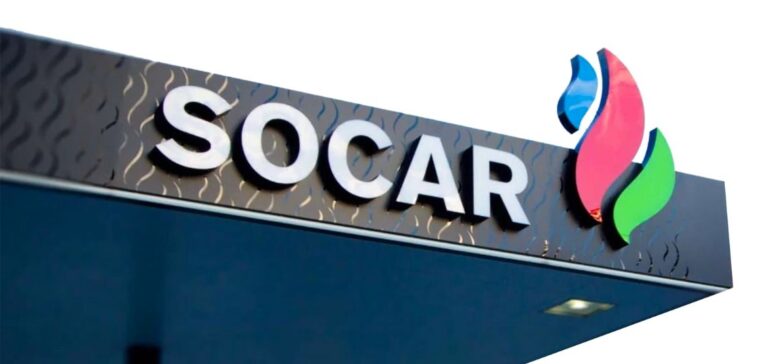SOCAR, the Azerbaijani state oil company, is stopping its purchases of Russian crude oil for its Turkish refinery.
Russian crude oil sanctioned
SOCAR no longer supplies Russian crude oil to the Turkish STAR refinery. The cessation of supplies demonstrates that Western sanctions are beginning to bear fruit outside Europe and the United States. The interruption of deliveries by SOCAR comes at a time when the European Union’s embargo on Russian crude oil imports by sea is in force.
In addition, the G7 countries adopted a cap on Russian oil at $60 per barrel. The suspension of Russian oil imports is beginning to affect regular flows outside the countries imposing these sanctions. SOCAR is reviewing the situation in order to remain in compliance with Western sanctions.
Turkey does not seem to support the European effort on Russian oil. The country does not adhere to the price cap agreement. In addition, Russian oil imports were increasing in Turkish refineries, including the STAR plant of SOCAR.
Effective sanctions
However, Russian flows to Turkey began to fall last month. They reached their lowest level since February. Western sanctions are proving their effectiveness.
Russia’s exports to Turkey amounted to 170,000 barrels per day (bpd) in November. They represented more than 300,000 bpd each month from August to October. The STAR refinery purchased only 73,000 bpd in November compared to 170,000 in the previous three months.
Moreover, it has not received Russian oil since November 20. The entry into force of the G7 and EU plan coincided with large queues of tankers. They were waiting to cross the Bosphorus Strait to reach the Mediterranean.






















